Social media platforms not banned, for now. But will non-compliance impasse continue?
The deadline for compliance by all digital platforms with the Information Technology (Intermediary Guidelines and Digital Media Ethics Code) Rules 2021, announced on February 25, 2021, ended at midnight of May 25, 2021. Contrary to the rumours floating around, social media platforms, which are yet to comply with the guidelines, have not been banned by the Indian Government yet.
Also Read: Social Media platforms under investigation by U.S Government
Barring Made in India app Koo, none of the major players, including Twitter, Facebook, WhatsApp and Instagram, has complied with the new regulations. However, in a statement issued, a Facebook spokesperson said, “We aim to comply with the provisions of the IT rules and continue to discuss a few of the issues which need more engagement with the government. Pursuant to the IT rules, we are working to implement operational processes and improve efficiencies. Facebook remains committed to people’s ability to freely and safely express themselves on our platform.”
A Google spokesperson, too, in a statement issued, said, “We respect India’s legislative process and have a long history of responding to government requests to remove content where the content violates the local law or our product policies. We have consistently invested in significant product changes, resources, and personnel to ensure that we’re combating illegal content in an effective and fair way, and in order to comply with local laws in the jurisdictions that we operate in.”
Meanwhile, Twitter said that they kept their own fact-checkers that neither identified nor revealed how the facts were being investigated.
Those not complying with the IT rules are set to lose their legal ‘Intermediary’ status, which will leave the social media platforms open to criminal proceedings. The Government has fixed 50 lakh users as the threshold for defining significant social media intermediary. These platforms will have to adhere to additional obligations and compliance under new IT rules that seek to crackdown on social media platforms.
Speaking on the ban rumours, Taaran Chanana, MD & Co-Founder, Meme Chat, said, “The recent rumours of a possible ban on popular social media platforms have raised some concerns in key industries that rely on such apps for their messaging. In fact, social media has emerged as a critical vehicle for marketing across different sectors. The fear also comes from what happened with PUBG and TikTok in the past. The ban on these platforms meant a loss of user data and consumer reach. As a result, we are seeing a dramatic spike in user activity on MemeChat. Where the average usage is 60,000-70,000 memes a day, we have already crossed the 100K mark and expect to record double our typical usage by the end of the day. On Twitter, ‘ChaloMemeChat’ started trending as many users opted to use the platform to preserve their data and find a more lucrative means of making memes.”
On the other hand, most digital experts agree that these social media platforms have to comply with the laws of the land. They do so in other countries and they need to do the same in India.
According to Ambika Sharma, Founder & MD, Pulp Strategy, “For a seamless and balanced interface with the public, accepting and abiding the laws of the land is necessary. It is important for every country that media giants like Facebook, Twitter, Instagram, Whatsapp must have checks and balances to ensure that their reach is used for the right purposes while protecting the rights of the citizens and the country. Keeping a Chief Compliance Officer, Nodal Officer, Resident Grievance Officer is a requirement by law of the land, it effectively will enable dealing with the public interface when there are multiple complaints. In light of the misuse of social media the digital platforms must also comply with the law like other systems of mass information like TV and radio.”
She further said, “While it will be unfortunate if Twitter or any other platform gets banned due to non-compliance, but if they are allowed to operate outside of the law and become tools of mischief directed at any citizen, it will be worse. In the long run, it’s about commerce, India is a huge market with massive potential that any product focused on profitability will comply with its laws. They have in other countries, so India should receive the same reverence.”
Shahir Muneer, Founder and Director, Divo, commented, “In many countries, social media apps are in the ambit as intermediary, including in India, and they lie under the Safe Harbour Act in many countries, and hence not responsible for the actions of their user and the content they post. Every country in the recent past has had a certain level of government involvement in making the social media responsible for putting certain policies in place or have regulation of content in social media platforms. The US had senate hearings with all of the major social media platforms, especially with the Cambridge Analytica and Russian involvement in US election, which led to the global rollout of policies and procedures for disclosure of funding of political ads has to be seen by users publicly, EU passed a law known as GDPR which has been implemented by all the social media platforms to ensure data protection and privacy, and so forth.”
So, there is definitely a need for both self regulation by the social media platforms and government led policy to avoid fake news, hate, racism, abuse, child abuse, etc. As the requirement being mentioned in news states the requirement to take down flagged content within 36 hours, it would be important to know what are the guidelines to content that is considered valid to be flagged and get taken down, as that is what will matter.
“As long as there is a fair and transparent process like seen in the hearings and its impact to users is also known publicly, and what comes under ambit of valid content and content that violates the guidelines, this will be a needed and good precedent. But of course, as we know with power comes responsibility and cannot be a one sided where content gets taken down that favours one side of conversation,” Muneer added.
Siddharth Khanna, Founder & CEO, Brand Visage Communications said, "To ban social media apps like Facebook, Instagram, WhatsApp & Twitter from India might be difficult keeping in mind its penetration and being a first information share medium for many govt bodies and influencers. While it needs to track and curb the fake news & identify the original creator of information as requested by the govt., I feel the time duration to comply with could have been extended a bit. I am sure as these platforms having one of the highest user base in the world, will definitely abide by the rules & regulations asked by Indian government for smooth functioning."
Aayush Tiwari, VP - Talent Management & Music Business, Monk Entertainment said, "On February 25, the government had announced few regulations with the eye of setting up a robust complaint redressal mechanism that gave appointed authorities the rights to flag and force remove any offensive content. Yesterday, on the last day of 3 months deadline issued by MEITy, number of ‘digital protests’, one named #IndiaStandsWithTwitter, started popping from different regions of the country.

In 2015, a similar outcry was witnessed when users were writing open letters to TRAI demanding net neutrality.
Though users heaved a sigh of relief watching their apps intact today, I don’t see the debate reaching a closure anytime soon. Internet gives us the freedom of speech which we can agree is exercised to both the extremes - healthy and hatred. IT compliance will get more complicated as time proceeds due to the growing number of users and technology enhancements. More stricter laws will be imposed in the awe of safeguarding user privacy but arguably there will be a contradictory demand for more freedom."
For more updates & collaboration, connect us on :



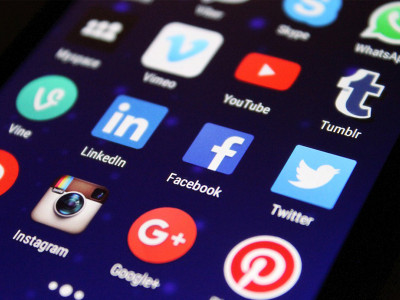
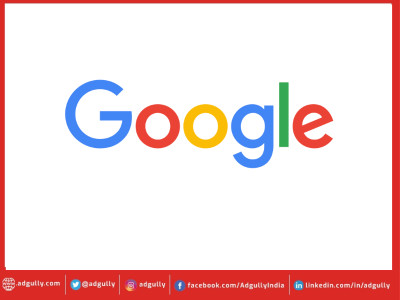



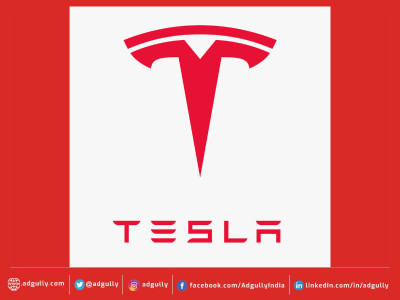
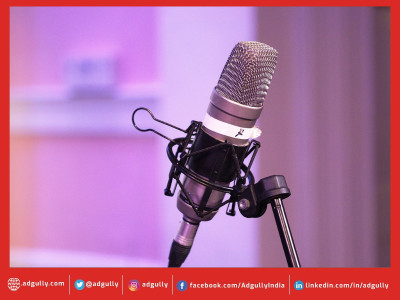
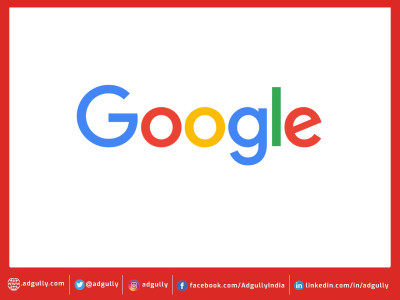
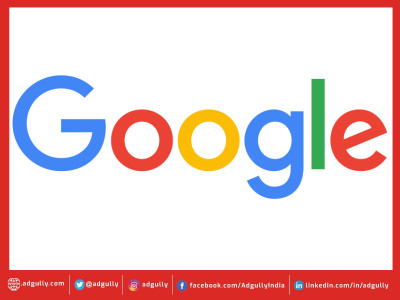
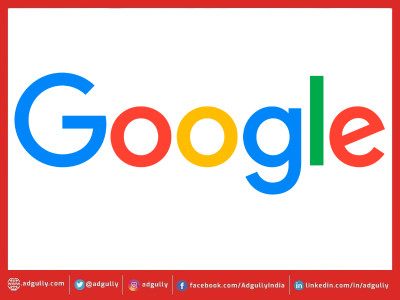
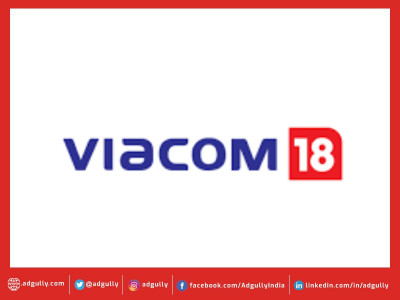
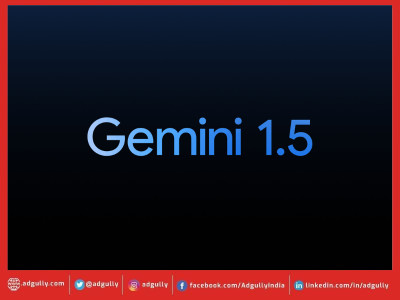


Share
Facebook
YouTube
Tweet
Twitter
LinkedIn